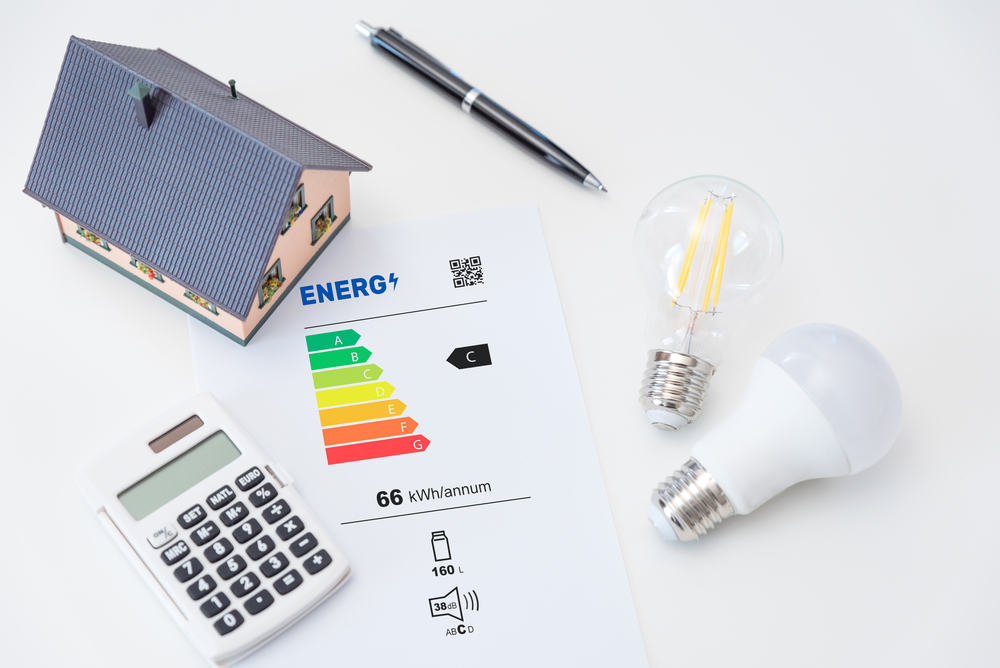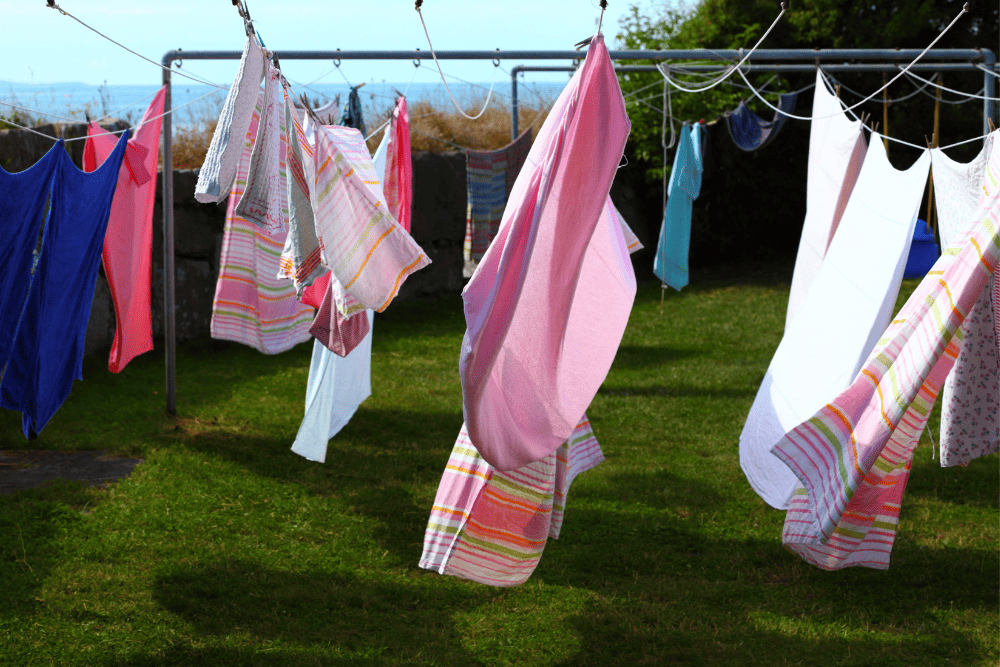Are you tired of seeing those high electric bills every month? It’s time to take control of your energy usage and start saving some serious cash. I’ve got 25 tips on how to reduce your electric bill without sacrificing comfort or convenience.

Electricity is one of those things that we can’t live without, but it’s also one of those things that can really put a dent in your wallet. Whether you’re trying to save money or just want to be more environmentally friendly, there are plenty of ways to reduce your electric bill. Here are 25 tips to help you get started:
1. Unplug Devices When Not in Use
Did you know that many electronics still draw power even when they’re turned off? Unplug devices like phone chargers, laptops, and TVs when you’re not using them to save energy.
2. Use Power Strips
Plug multiple devices into a power strip and turn it off when you’re not using them. This is especially useful for devices that are hard to reach or have multiple plugs, like your entertainment center or computer setup.
3. Switch to LED Light Bulbs
LED bulbs use up to 80% less energy than traditional incandescent bulbs and last much longer. Plus, they come in a variety of colors and styles to fit any room.
4. Turn Off Lights When You Leave a Room
This one might seem obvious, but it’s easy to forget. Get in the habit of turning off lights when you leave a room to save energy.
5. Use Natural Light
Instead of relying on artificial lighting during the day, open your curtains or blinds and let in some natural light. It’s not only good for your wallet, but it’s also good for your mood.
6. Install Dimmer Switches
Dimmer switches allow you to adjust the brightness of your lights, so you can use less energy when you don’t need full brightness.
7. Use Energy-Efficient Appliances
When it’s time to replace your appliances, look for models that are Energy Star certified. These appliances use less energy and can save you money in the long run.
8. Wash Clothes in Cold Water
Heating water for laundry can account for a significant portion of your energy bill. Switch to cold water whenever possible to save energy.
9. Air Dry Your Clothes
Instead of using a dryer, air dry your clothes on a clothesline or drying rack. It’s better for your clothes and your wallet.

10. Use a Programmable Thermostat
A programmable thermostat allows you to set your heating and cooling systems to turn on and off at specific times. This can help you save energy when you’re not home or asleep.
11. Seal Air Leaks
Inspect your home for air leaks around windows, doors, and vents. Use caulk or weather stripping to seal any leaks and prevent energy loss.
12. Insulate Your Home
Proper insulation can help keep your home warm in the winter and cool in the summer, reducing the need for heating and cooling.
13. Use Ceiling Fans
Ceiling fans can help circulate air and make your home feel cooler in the summer. Just remember to turn them off when you leave the room to save energy.
14. Cook Efficiently
When cooking, use the smallest pan possible and cover it with a lid to retain heat. This will help your food cook faster and use less energy.
15. Use a Microwave
Microwaves use less energy than ovens or stovetops, so use them whenever possible.
16. Keep Your Fridge and Freezer Full
A full fridge and freezer are more energy-efficient than an empty one. If you don’t have enough food to fill them, fill empty spaces with bottles of water.
17. Set Your Fridge and Freezer to the Right Temperature
Keep your fridge between 37 and 40 degrees Fahrenheit and your freezer at 0 degrees Fahrenheit to maximize energy efficiency.
18. Use a Smart Power Strip
Smart power strips can detect when devices are in standby mode and cut off power to them, saving energy.
19. Use a Laptop Instead of a Desktop
Laptops use less energy than desktop computers, so use a laptop whenever possible.

20. Use Energy-Efficient Showerheads
Energy-efficient showerheads use less water and energy, saving you money on your water and electric bills.
21. Turn Off Your Computer When You’re Not Using It
If you’re not using your computer, turn it off instead of leaving it in sleep mode. This can save a significant amount of energy.
22. Use a Timer for Your Water Heater
If you have an electric water heater, use a timer to turn it off when you’re not using hot water, like when you’re at work or asleep.
23. Use a Smart Thermostat
A smart thermostat can learn your habits and adjust your heating and cooling settings to save energy.
24. Use Solar Panels
If you’re able to, install solar panels on your home to generate your own electricity and reduce your reliance on the grid.
25. Educate Yourself
Finally, educate yourself on energy-saving tips and tricks. The more you know, the more you can save.
Wrapping Up
So there you have it — 25 tips on how to reduce your electric bill. By implementing these tips, you can save money and reduce your environmental impact. So go ahead and start saving today!